
In the impoverished Gaza Strip, where most people struggle to make ends meet amid a crippling blockade, the suffering of stray dogs and cats often goes unnoticed.
Said el-Er, who founded the territory’s only animal rescue organisation in 2006, has been trying to change that. He and other volunteers rescue dogs and cats that have been struck by cars or abused and nurse them back to health – but there are too many.
So in recent weeks they have launched Gaza’s first spay-and-neuter programme. It goes against taboos in the conservative Palestinian territory, where feral dogs and cats are widely seen as pests and many view spaying and neutering as forbidden by Islam.
“Because the society is Muslim, they talk about halal (allowed) and haram (forbidden),” Mr El-Er said. “We know what halal is and what haram is, and it’s haram (for the animals) to be widespread in the streets where they can be run over, shot or poisoned.”
Islam teaches kindness towards animals, but Muslim scholars are divided on whether spaying and neutering causes harm. Across the Arab world, dogs are widely shunned as unclean and potentially dangerous, and cats do not fare much better.
Mr El-Er and other advocates for the humane treatment of animals face an added challenge in Gaza, which has been under an Israeli and Egyptian blockade since the Islamic militant group Hamas seized power in 2007. Gaza’s two million residents suffer from nearly 50 per cent unemployment, frequent power outages and heavy travel restrictions.
With many struggling to meet basic needs, animal care is seen as a waste of precious resources or a luxury at best. Mr El-Er’s group, Sulala for Animal Care, relies on private donations, which can be hard to come by.
Mr El-Er says his team can no longer keep up with the number of injured animals that they find or that are brought to the clinic. “The large number of daily injuries is beyond our capacity,” he said. “That’s why we resorted to neutering.”
On a recent day, volunteers neutered a street dog and two cats that had been brought in. There are few veterinary clinics and no animal hospitals in Gaza, so they performed the operations in a section of a pet store that had been cleaned and disinfected.
“We have shortages in capabilities, tools, especially those needed for orthopaedic surgeries,” said Bashar Shehada, a local veterinarian. “There is no suitable place for operations.”
Mr El-Er has spent years trying to organise a spay and neutering campaign but met with resistance from local authorities and vets, who said it was forbidden. He eventually secured a fatwa, or religious ruling, stating that it is more humane to spay and neuter animals than to consign an ever-growing population to misery and abuse.
Once the fatwa was issued, Mr El-Er said local authorities did not object to the campaign as a way of promoting public health and safety. The Hamas-run health and agriculture ministries allowed veterinarians to carry out operations and purchase supplies and medicine, he said.
The Gaza City municipality provided land for a shelter earlier this year. Before that, Mr El-Er kept the rescued animals at his home and on two small tracts of land that he leased.
The new shelter currently houses around 200 dogs, many of them blind, bearing scars from abuse or missing limbs from being hit by cars. At least one was adjusting to walking with a prosthetic limb. A separate section holds cats in similar shape.
The group tries to find homes for the animals, but here too it faces both economic and cultural challenges. Very few Gazans would keep a dog as a pet, and there’s little demand for cats. Some people adopt the animals from abroad, sending money for their food and care.
Over the past decade, international animal welfare groups have carried out numerous missions to evacuate anguished animals from makeshift zoos in Gaza and relocate them to sanctuaries in the West Bank, Jordan and Africa.
But there are no similar campaigns for dogs and cats, and Gaza has been sealed off from all but returning residents since March to prevent a coronavirus outbreak.
Mr El-Er’s phone rang recently and the caller said a dog had been hit by a car. Volunteers from Sulala brought it back to the shelter on the back of a three-wheeled motorbike and began treating it. Mr El-Er says they receive around five such calls every day.
Grandfather Fears Dog Wouldn’t Recognize Him After a Year Apart, but Excited Pup Rushes Towards Him, Melting Hearts with Reunion Joy.
One of the best things in life, and I recognize you will agree with me on this, is coming home to a canine bounding up to invite you after a long day at work. One of the many reasons we appreciate our canine friends a lot is the absolute, unrestrained pleasure and thrill of your existence.
Will a dog eventually forget about you after years apart? Fortunately, as evidenced by this story, they will not!

After a year of being away, a blind and deaf puppy saw her grandfather, the owner’s dad, and despite the owner’s fears of a broken bond, the puppy went into ecstatic overdrive.
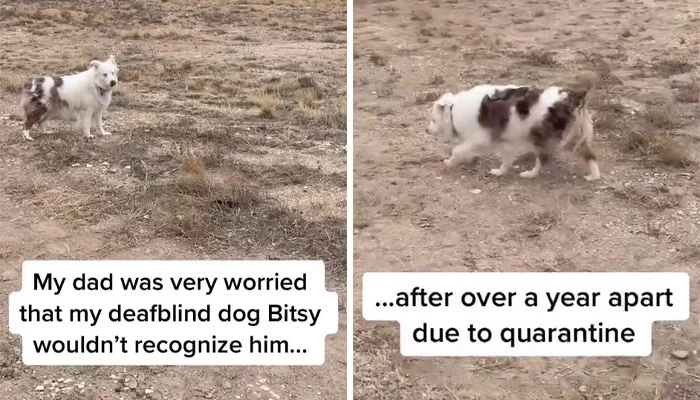
Grab the tissues since after reading this story, you are going to start weeping waterfalls. Also, do not forget to share your pet stories and ideas in the comments section listed below. Thank you for your continuous assistance and we greatly appreciate all of your upvotes and follows. Without further trouble, allow’s begin with the story!
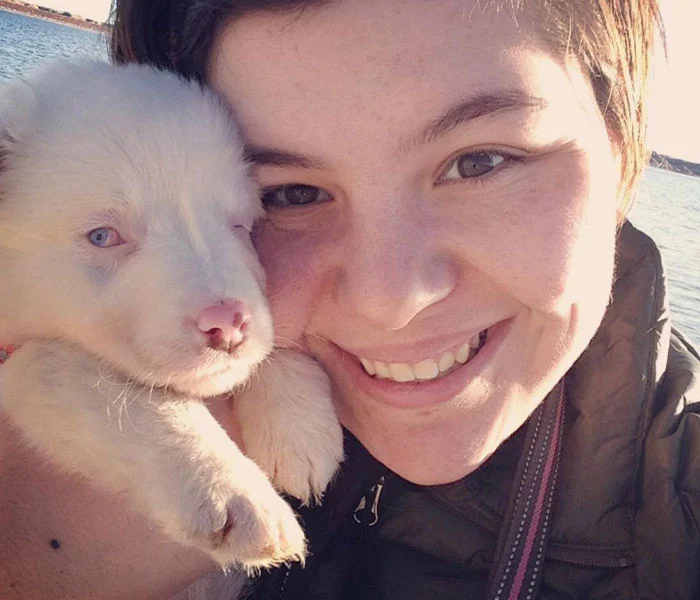
On TikTok, a sweet video clip of a man called Steve reconciling with his daughter’s dog, Bitsy, went viral. Hayden Kristal’s canine is unique since she was born deaf and blind, but Hayden did not allow that stop her from adopting the puppy when she was just 5 weeks old.
At first, they were stressed over how the puppy would certainly deal with life, but she rapidly proved they had nothing to be afraid. Hayden said, “She has been her own lady because day one. The first thing she did when I brought her residence was to make a beeline for the food dish, creep right into it and eat till she passed out.”
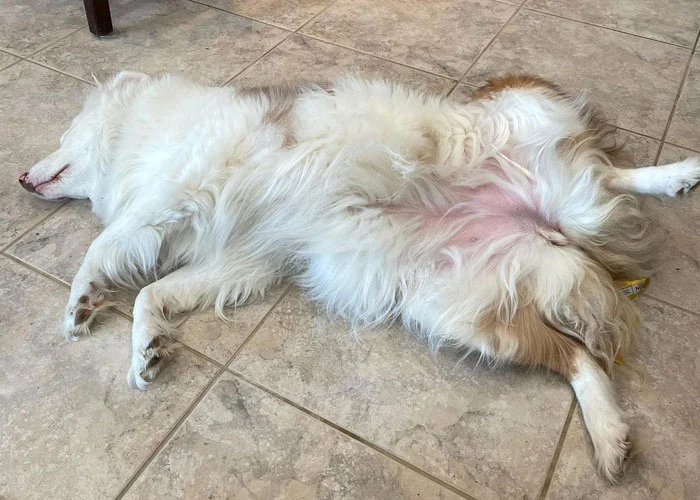
Five years later, she is still a stunning, vivacious canine that still enjoys hanging out with her mother, a few brother or sisters, and other family members. Bitsy and her mom were forced to live besides their relatives last year after COVID limitations were put in place to guarantee their security. As a result, the puppy and the dad would be separated for an entire year.
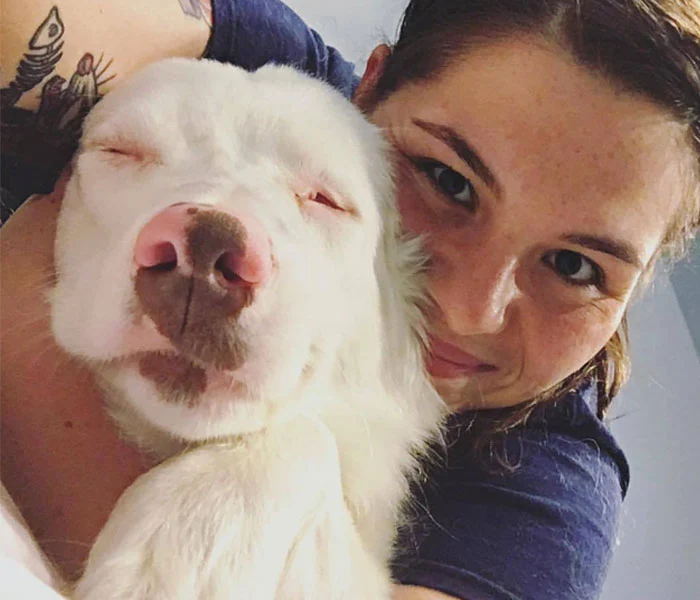
According to the caption, her dad was concerned that Bitsy will forget him after a year apart, but that was not the situation because the canine knew her grandpa’s embrace right away. She was licking at the man’s face while leaping up and down. Steve was as delighted to see the puppy as she was to see him, and a smile never left his face.
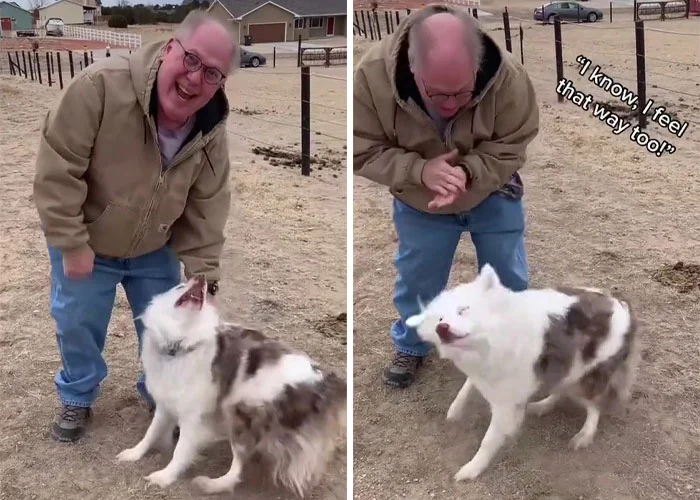
” As quickly as I obtained within scent range, she completely lost her mind with joy. So did I,” Steve wrote on Facebook. “Once again Bitsy proved that the abilities she has are far more impressive than the ones she’s missing. What a really incredible and fantastic soul. Perhaps you can tell from this video just how much we love each other.”
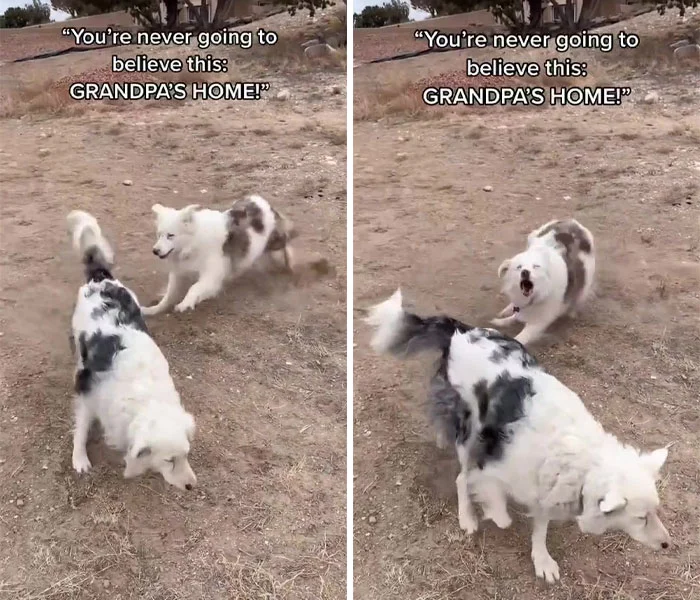
Hayley’s father spends as much time as feasible with his granddog because he loves the animal more than he could have ever pictured. He is her biggest supporter and fan, according to Hayden.
” He will inform anybody who will listen regarding what an amazing canine she is and how much he enjoys her. He does the normal grandfather things of spoiling her with treats and toys and she loves to simply hang out near him.”
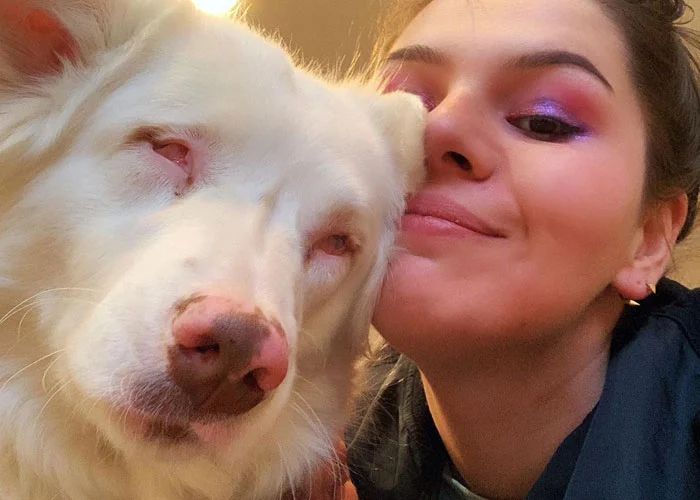
Bitsy and her mother have taken several trips across the country, hiking, canoeing, riding the subway, and also skating. “Bitsy is the sweetest, friendliest, most caring, and faithful dog in the world,” Hayden said. “She is bold and sexy and she enjoys adventure!” She likewise appears to have a love of ribs and BBQ sauce.
“She’s taught me a lot regarding love, life, and swallowing whole rotisserie hens before an authority figure can wrench the bird shrapnel from your thieving hyena jaws,” she said in her Instagram article.
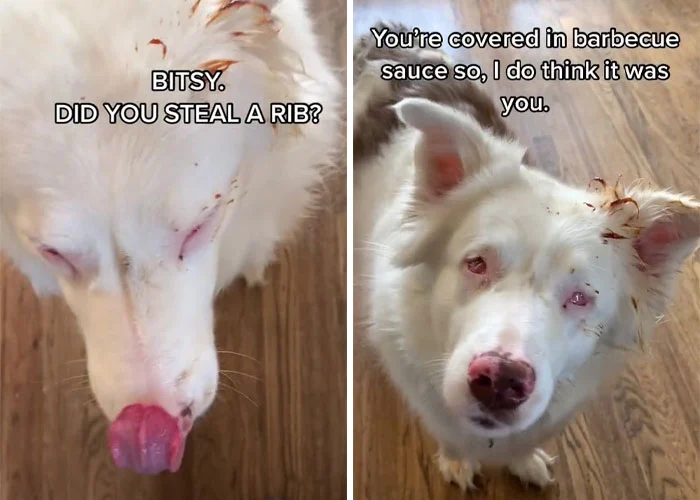
It is wonderful that the family can currently be back with each other. Although dogs can see and listen to, Pet Place claims that their primary sense of perception is smell. Because of this, dogs without hearing will depend on touch and smell to inform them when a person is nearby, which will create them to come to be much more connected to their human buddies than formerly. For stability and comfort, they significantly rely on predictable routines, so maintaining things like bedding and feeding bowls in the exact same area is useful.
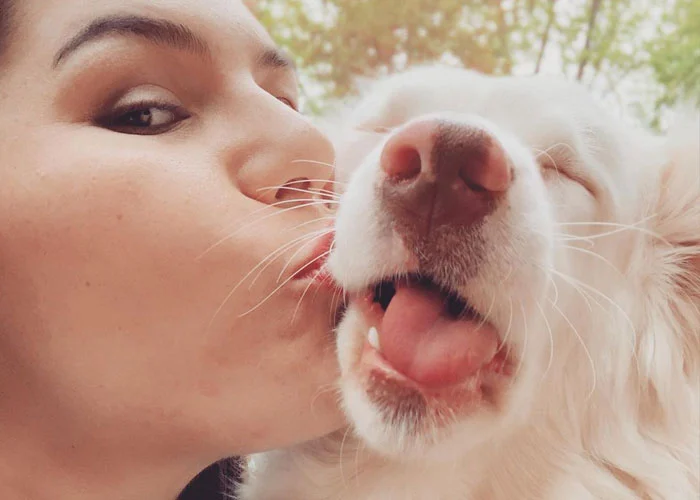
The big query at this moment is just how much a canine can recall.
For all those years, Hachi waited for his owner at the railway terminal, but existed more to it than simply habit and loyalty?
Swifto insists that, unlike humans, canines have a unique method for keeping, processing, and recalling memories.
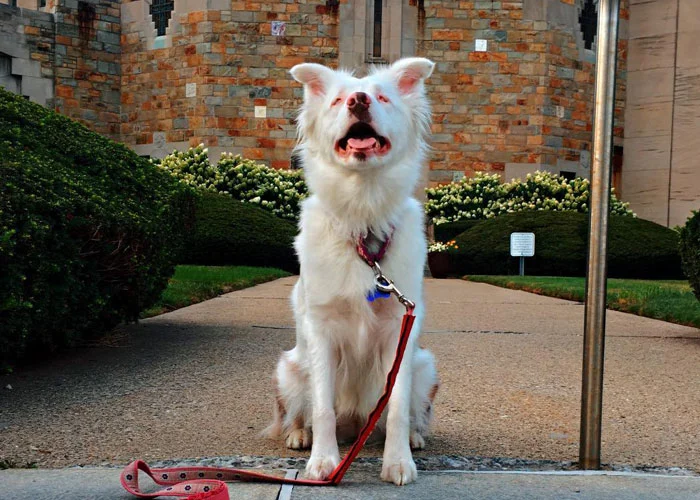
They possibly don’t recall all the meals they have actually had because they have bad short-term memory, which is why they maintain asking for even more food. They have an associative memory, which implies that rather than having true memories, they remember experiences based upon associations. As a result, Bitsy most likely recognized the grandpa by his voice and fragrance, which served as a reminder of who he was.
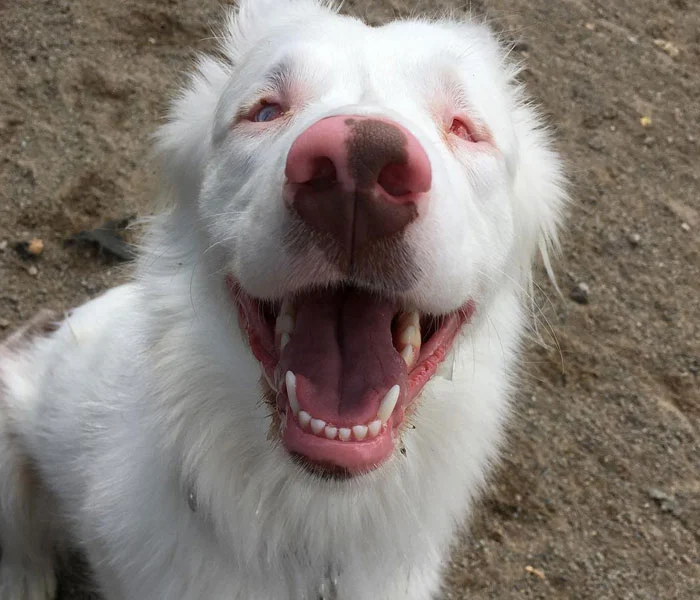
You don’t need to be worried that your dog will soon forget you. And if you come across a particular puppy because of this, there are lots of solutions offered, so put your worry aside and begin cuddling puppies! However, adopt correctly and guarantee that you can offer your dogs.
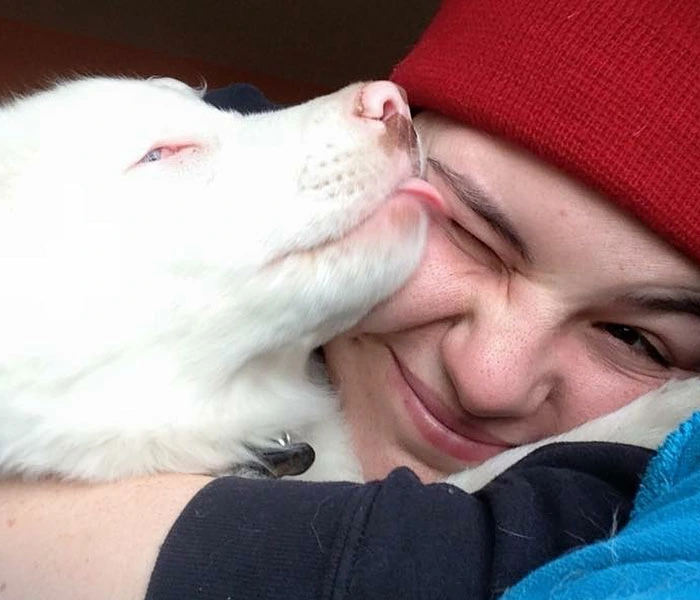
We send out Bitsy and her household our hottest desires and will keep up with their travels and joie de vivre.


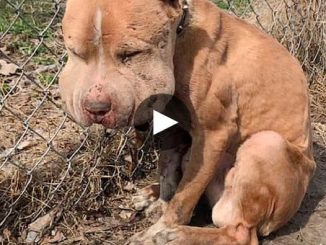
Leave a Reply